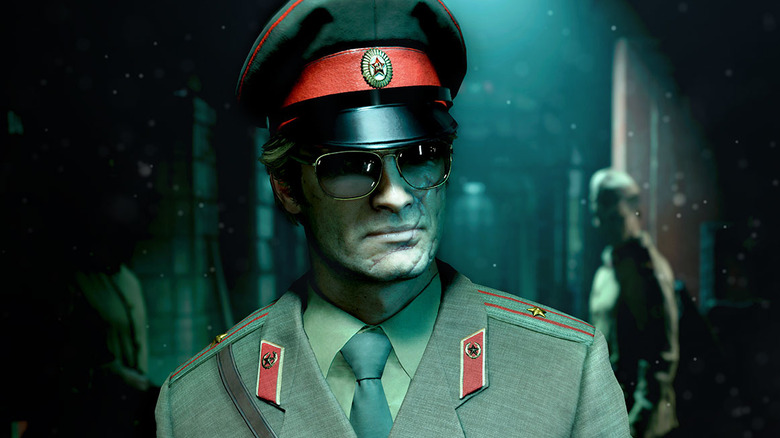What This Activision Patent Could Mean For The Future
Activision recently filed a patent for a new piece of motion capture technology, the details of which were recently released online. Last year Activision published titles like Crash Bandicoot 4: It's About Time and Call of Duty: Black Ops Cold War. While motion capture is unlikely to have an impact on any future Crash Bandicoot games, it's the Call of Duty series and other games featuring realistic human characters in Activision's catalogue that this new technology could ultimately impact.
Though the original version of the patent was first filed in 2017, new details about this technology presumably under development at Activision surfaced sometime around Oct. 2020. Essentially, the new tech makes use of an LED light strip intended to direct the movement of its motion capture performers.
While the specifics of its functioning are unlikely to sound inherently better than currently available motion capture technology to anyone without experience in the field, the gist seems to be that it will ultimately ease the work required of its actors. The light strip that guides performers is programmable ahead of its use, and will theoretically help to guide actors through a scene, making for smoother and more realistic movement in motion capture performances. Plus, for better or for worse, Activision has often demonstrated itself to be driven by profit, so the new method is likely to save the company some money as well.
In addition to the inevitable multitude of future Call of Duty titles, this technology could very well be used on future Blizzard-developed titles as well, given the shared interests of the companies. Currently in development by Blizzard are Diablo 4 and Overwatch 2, both of which are likely to feature cinematic cutscenes. Both titles, however, are far from release. The team making Overwatch 2 recently posted numerous new job listings, indicating that plenty of work remains to be done on that title.
Its update to motion capture technology isn't the only patent filed by Activision to be detailed in recent months. Another Activision patent, first filed in 2016, outlines a VR gun controller, described as a "haptic gun," which provides players with feedback meant to emulate the experience of wielding a real-life firearm. So if these two patents are any sort of hint at a future game to come from the company making use of both technologies, a realistic VR Call of Duty title could potentially be on the horizon.

